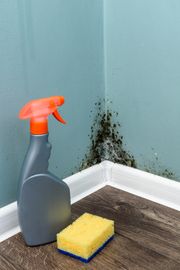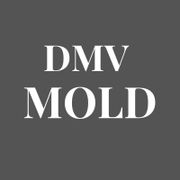
The growth of mold in a home can cause sneezing, watery eyes, and respiratory problems, but it may not always be visible. Cleaning up growths in your bathrooms and kitchen may be possible, but mold that grows elsewhere in your home may require professional mold inspection to detect and remediate. Here’s what you should know.
Where Am I Likely to Find Mold?
To grow and thrive, mold spores require moisture—lots of it. Water-saturated carpets, wet shower tiles, damp window sills, and appliances that use water, such as your refrigerator or dishwasher, are all optimal breeding grounds for mold.
Mold, which gives off a musty smell, is often found in unfinished basements, crawlspaces, laundry rooms, and leaky attics. If the growth of mold in these places isn’t detectable with the naked eye, schedule a mold inspection to identify the type of mold and its sources and locations.
 How Can I Prevent Mold Growth?
How Can I Prevent Mold Growth?
To prevent mold growth, the CDC (Centers for Disease Control and Prevention) recommends you control the humidity levels in your home, fix leaky roofs, windows, pipes, and clean and dry carpets if your home has been flooded. Ventilation systems in your bathrooms, laundry room, and kitchen will keep moisture from accumulating and mold spores from growing. Exhaust fans should vent outdoors and stay clear of debris to allow steam to escape.
To rid your home of spores, remove and replace wet carpet, which is especially vulnerable to mold growth. Clean surfaces, such as tiles, wood trim, walls, and sinks, with a diluted bleach-and-water solution to kill mold spores and growths.
Do you have unexplained sneezing, wheezing, or skin rashes? They may be due to mold growth in your home. Residents of the Washington metro area trust the experts at DMV Mold in Clarksburg, MD, for in-home mold inspections. With the help of the latest technology, residents and businesses in the region can expect results back within 24 hours. They can also test for radon and asbestos in older homes and buildings. To schedule your inspection, call (301) 379-1715. You can also find more mold information online.
About the Business
Have a question? Ask the experts!
Send your question

